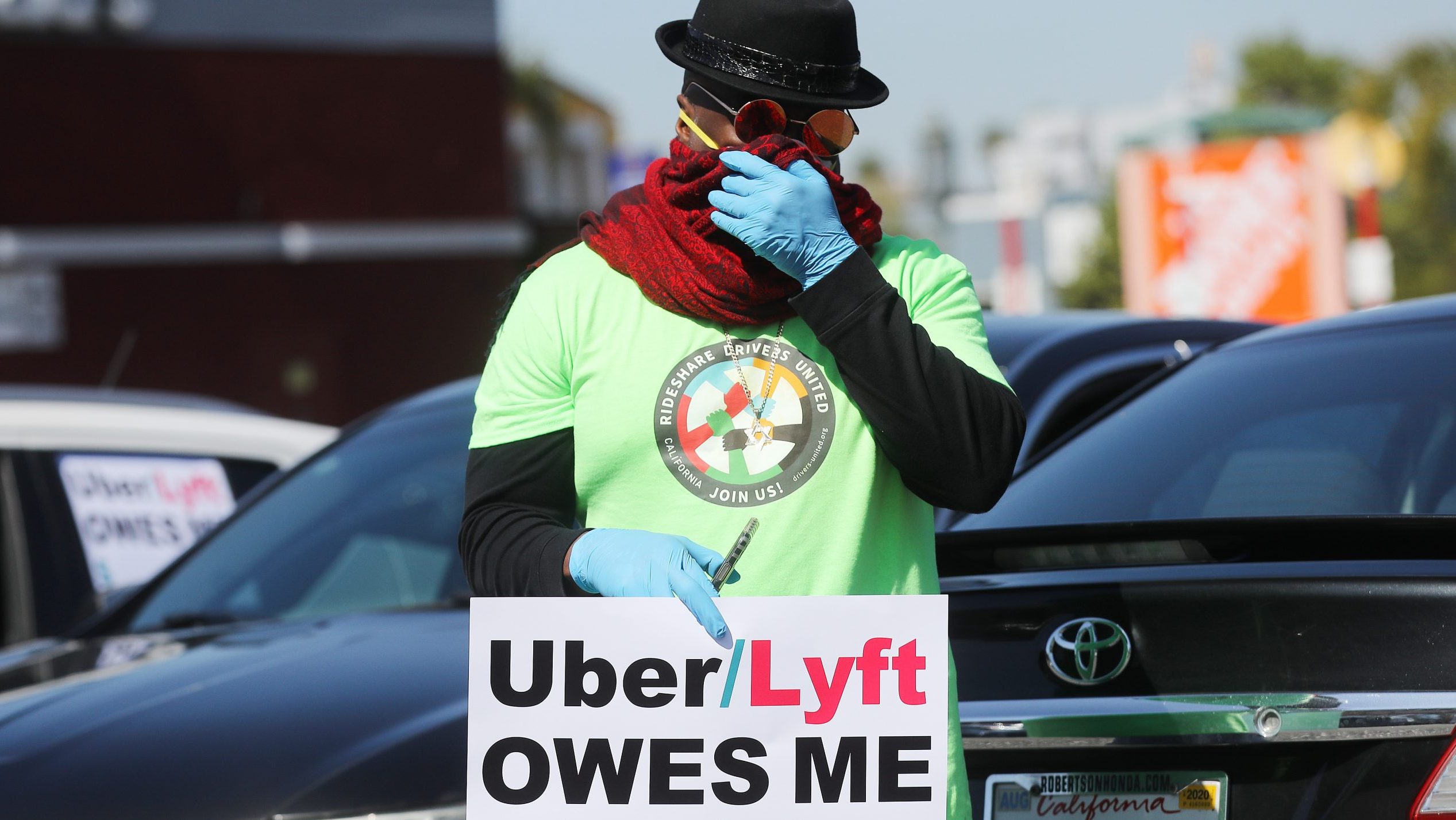What happens to people who earn an income on a job-by-job basis when there are no more jobs? From photographers and media correspondents to Lyft drivers and skilled-workers, many people who are self-employed or independent contractors are faced with canceled events and low demand due to the coronavirus pandemic.
theGrio’s third episode of Staying In Business’ highlights the effect that the COVID-19 outbreak has on Black freelancers who mainly rely on the gig economy for financial support.
READ MORE: theGrio’s ‘Staying In Business’ explores Black restaurants facing COVID-19
theGrio finds that independent workers create approximately 34 percent of the United States workforce. Twenty-seven percent of Black people earn money through the gig economy and for over half of this population, their gig job stands as their primary source of income.
“The bag ain’t as easy as it was pre-quarantine,” remarks media maven Kela Walker. Her sentiments ring true for many self-employed workers who are not receiving as many jobs. Lloyd Morency shares how a new request did not appear for two weeks on TaskRabbit, his typical hub for daily work.
“I work for Task Rabbit, we have various different things you can do, whether
it’s moving, painting, or furniture assembly. When things are really good, you definitely expect to be making roughly $1500 to $2000 a week. Me, I’m definitely always booked up. Definitely every day doing a task here and there as far as this month is concerned, the business has been truly slow,” remarks Morency.

The music and event industry is also severely impacted by social distancing restrictions. For performing artists, shows being canceled means income also takes a fall, even if tickets were previously sold and flights already booked. Singer Eric Roberson shares how not being able to perform is impacting his pockets.
“You got to think that you are pretty much unemployed after every gig. After every situation, when you walk off that stage or you walk out of the studio, you’re looking for the
next level of income,” says Roberson.
READ MORE: theGrio launches Facebook Watch series covering plight of Black-owned businesses during COVID-19
Some companies, however, have shifted their practices in creative ways to keep their business relevant beyond revenue. A husband and wife owned photography company moved their photoshoots to FaceTime during the pandemic, offering free services for clients and five photo edits.
“They’re completely free. You couldn’t put a price tag on something like this, especially with everything going on. People have blessed us.They send us donations for doing this during this time, as uncertain as things are right now,” says Kareem Virgo of Reem Photography.
His virtual photoshoots have gone viral, which Virgo says is a great opportunity to grow business, leaving a lasting impression with potential clients looking to book once society reaches a new normal and social distancing guidelines are softened.
View the full episode for more details on the plight of Black independent employees during the COVID-19 pandemic tune in to Staying In Business on theGrio’s Facebook page (www.facebook.com/theGrio).
Source link
 Black America Breaking News for the African American Community
Black America Breaking News for the African American Community